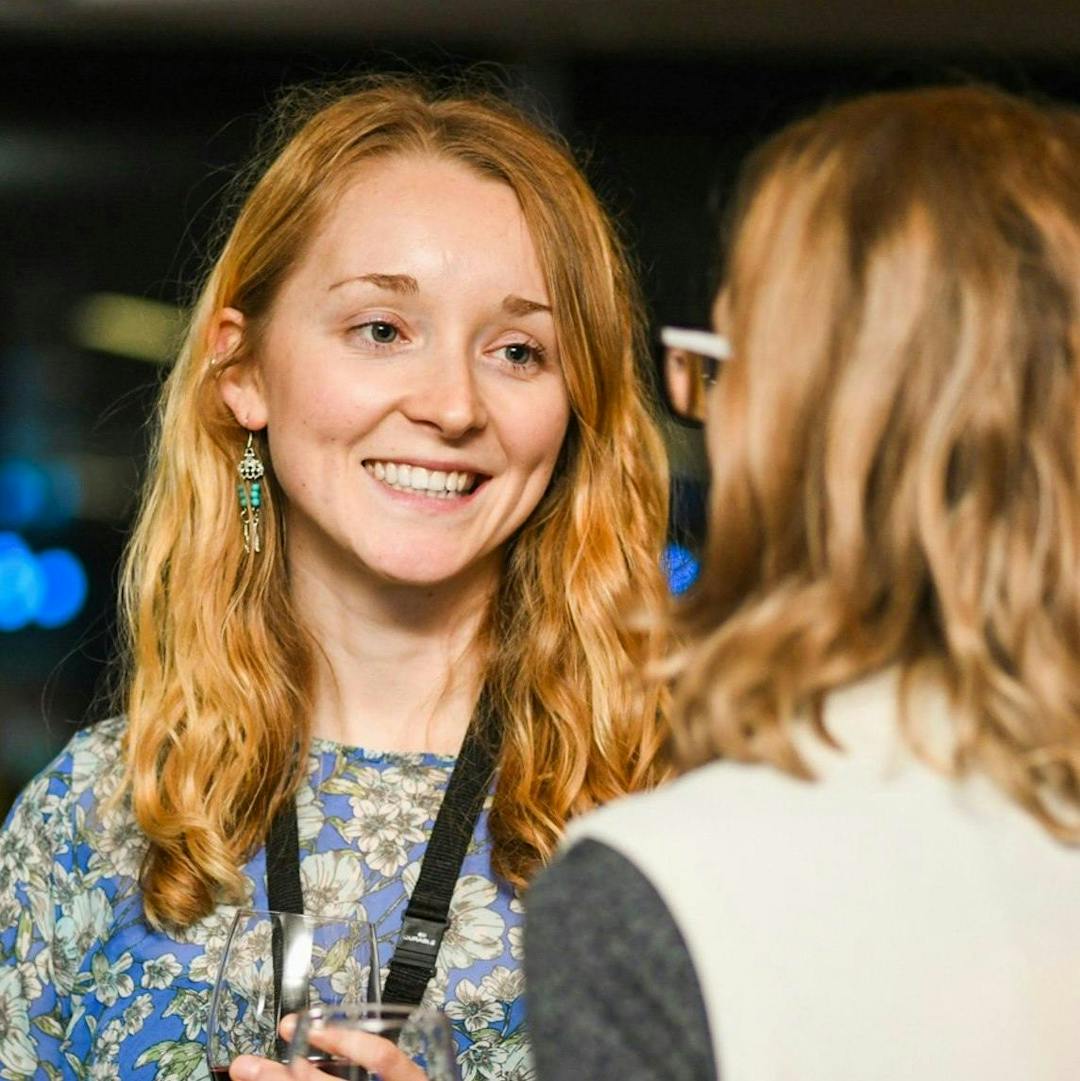Ready, Set, Track: How Gamification Can Help Us Build Healthier Habits
Let me tell you a story about a smartwatch, a young woman, and a worldwide pandemic.
In March 2020, when staying indoors became normal and exercising with friends was taboo, I found that I needed some extra motivation to get outdoors and run. I bought myself a fancy Garmin watch that tracked runs, cycles, and walks, but also steps, elevation, calories burnt, heart rate, and sleep.
Every single one of these paradigms had a personalized daily goal — which became hard not to hit. I didn’t realize it then, but the designers of this clever tech had “gamified” exercise for me, turning every walk into a challenge to reach my elevation goal, and every night an opportunity to be congratulated for getting 8 hours’ sleep.
References
- Corepal et al. Exploring the use of a gamified intervention for encouraging physical activity in adolescents: a qualitative longitudinal study in Northern Ireland: https://bmjopen.bmj.com/content/8/4/e019663
- Griffin, A. Pokemon Go: Trainer who became first in UK to catch 'em all lost two stone while doing so: https://www.independent.co.uk/games/pokemon-go-man-loses-two-stone-while-becoming-first-to-catch-all-143-creatures-in-uk-a7161606.html
- Hartin et al. The empowering role of mobile apps in behavior change interventions: the Gray Matters randomized controlled trial: https://www.ncbi.nlm.nih.gov/pmc/articles/PMC4987494/
- He et al. App based education programme to reduce salt intake (AppSalt) in schoolchildren and their families in China: parallel, cluster randomised controlled trial: https://www.bmj.com/content/376/bmj-2021-066982
- Niemiec et al. Aspiring to physical health: the role of aspirations for physical health in facilitating long-term tobacco abstinence: https://pubmed.ncbi.nlm.nih.gov/18838243/
- Ntoumanis et al. A meta-analysis of self-determination theory-informed intervention studies in the health domain: effects on motivation, health behavior, physical, and psychological health: https://pubmed.ncbi.nlm.nih.gov/31983293/
- University of Leicester. Pokémon Go could ease Type 2 diabetes burden: https://www.sciencedaily.com/releases/2016/07/160725090154.htm
- Wansink. Mindless eating: From mindless eating to mindlessly eating better: https://www.sciencedirect.com/science/article/abs/pii/S003193841000199X
About the Author
Rachel Donnison
Rachel Donnison studied Natural Sciences as an undergraduate and has a MSci in Behavioral Bioinnovation. She has an interest in health and sustainability behaviour change and works for the British Medical Journal on a clinical decision support tool called Best Practice, helping doctors make evidenced-based decisions at the point of care. She lives in London, but grew up in Aberystwyth on the coast of West Wales.
About us
We are the leading applied research & innovation consultancy
Our insights are leveraged by the most ambitious organizations
“
I was blown away with their application and translation of behavioral science into practice. They took a very complex ecosystem and created a series of interventions using an innovative mix of the latest research and creative client co-creation. I was so impressed at the final product they created, which was hugely comprehensive despite the large scope of the client being of the world's most far-reaching and best known consumer brands. I'm excited to see what we can create together in the future.
Heather McKee
BEHAVIORAL SCIENTIST
GLOBAL COFFEEHOUSE CHAIN PROJECT
OUR CLIENT SUCCESS
$0M
Annual Revenue Increase
By launching a behavioral science practice at the core of the organization, we helped one of the largest insurers in North America realize $30M increase in annual revenue.
0%
Increase in Monthly Users
By redesigning North America's first national digital platform for mental health, we achieved a 52% lift in monthly users and an 83% improvement on clinical assessment.
0%
Reduction In Design Time
By designing a new process and getting buy-in from the C-Suite team, we helped one of the largest smartphone manufacturers in the world reduce software design time by 75%.
0%
Reduction in Client Drop-Off
By implementing targeted nudges based on proactive interventions, we reduced drop-off rates for 450,000 clients belonging to USA's oldest debt consolidation organizations by 46%




















